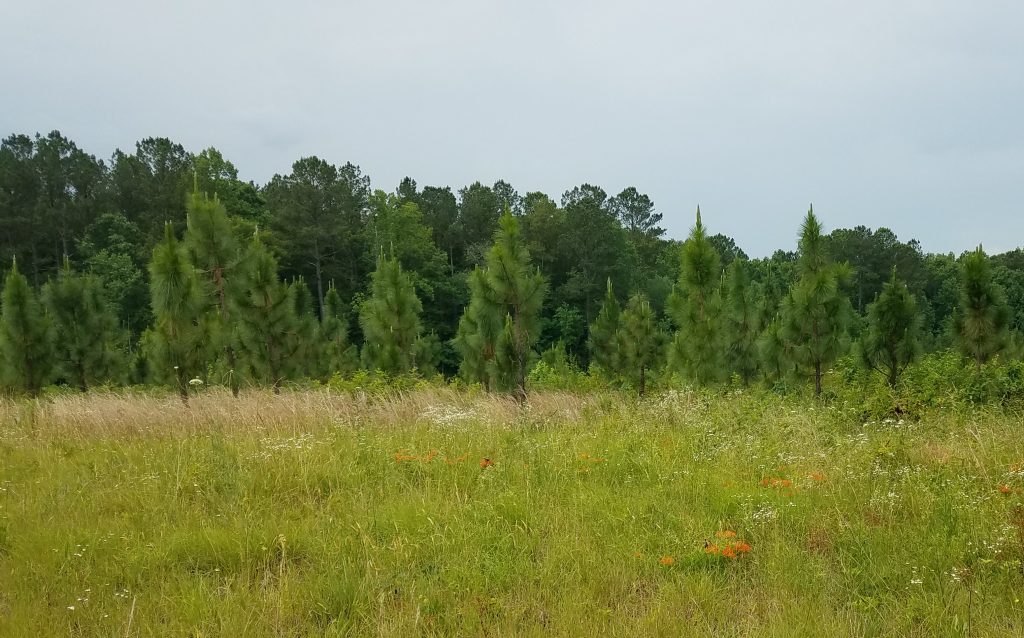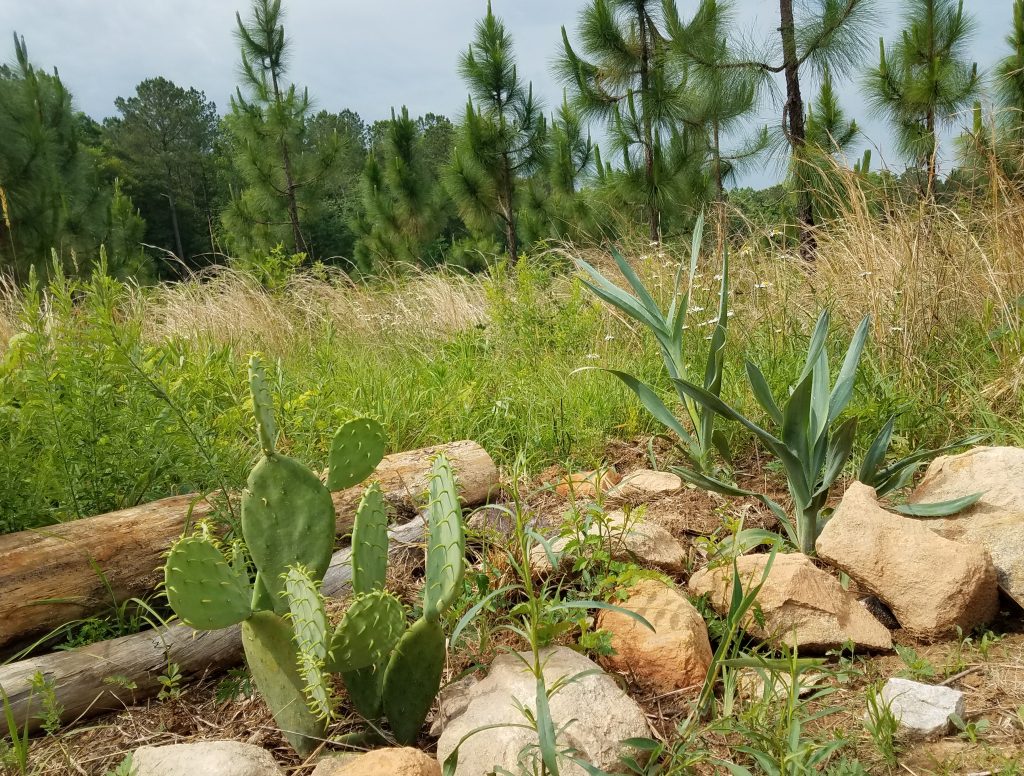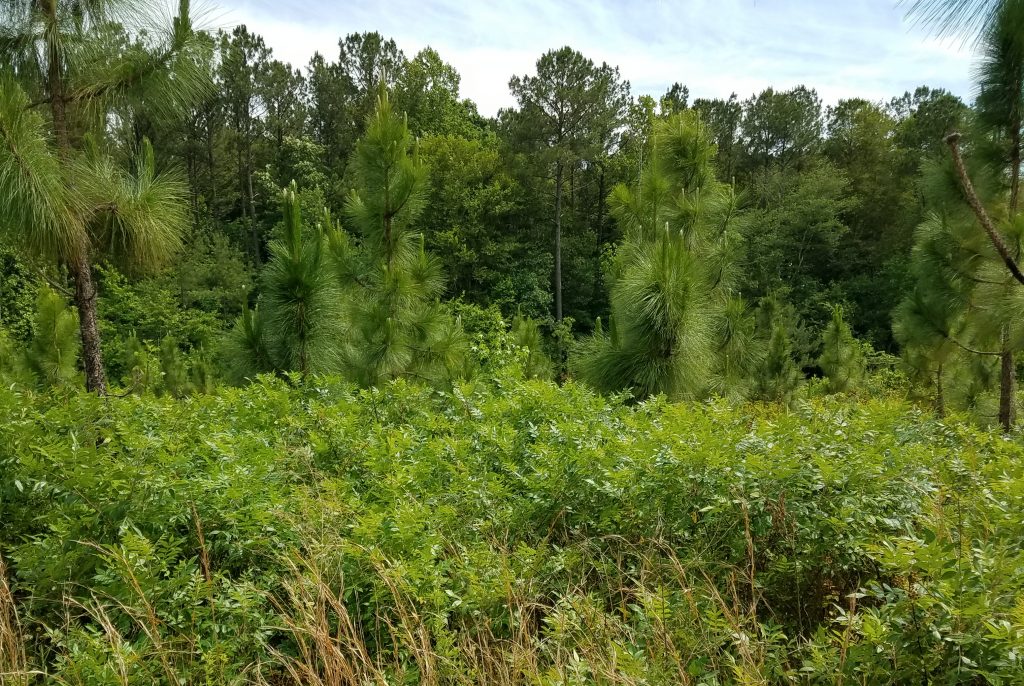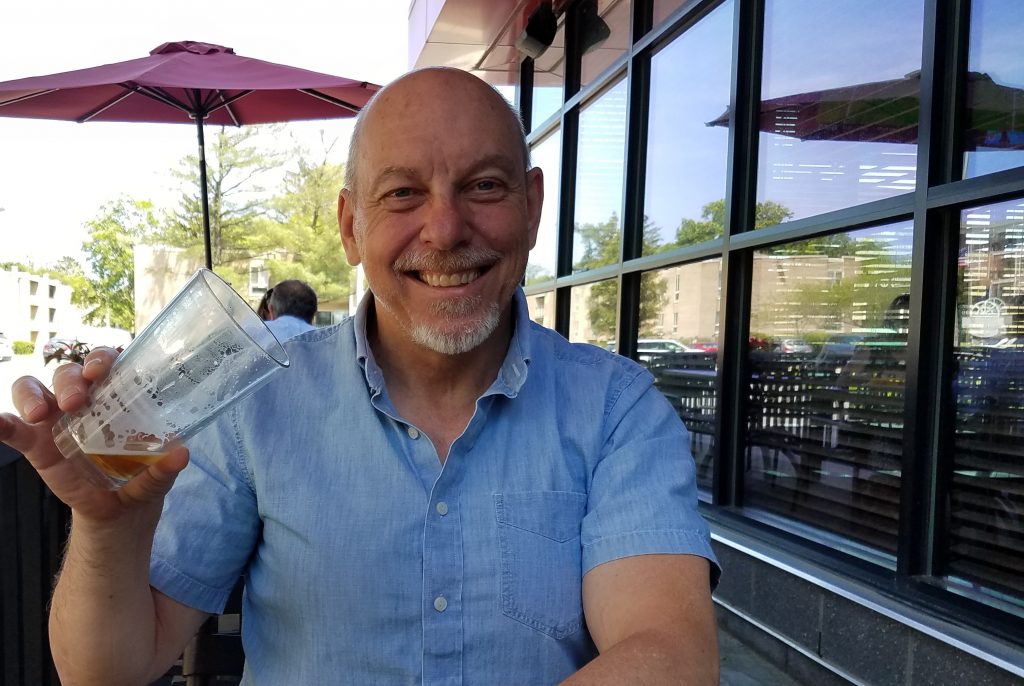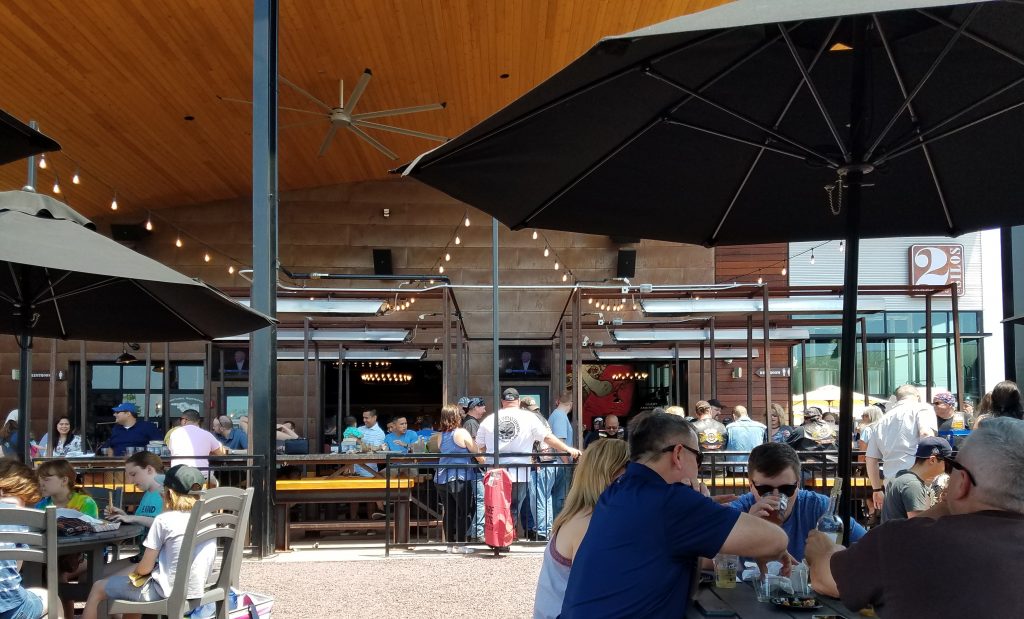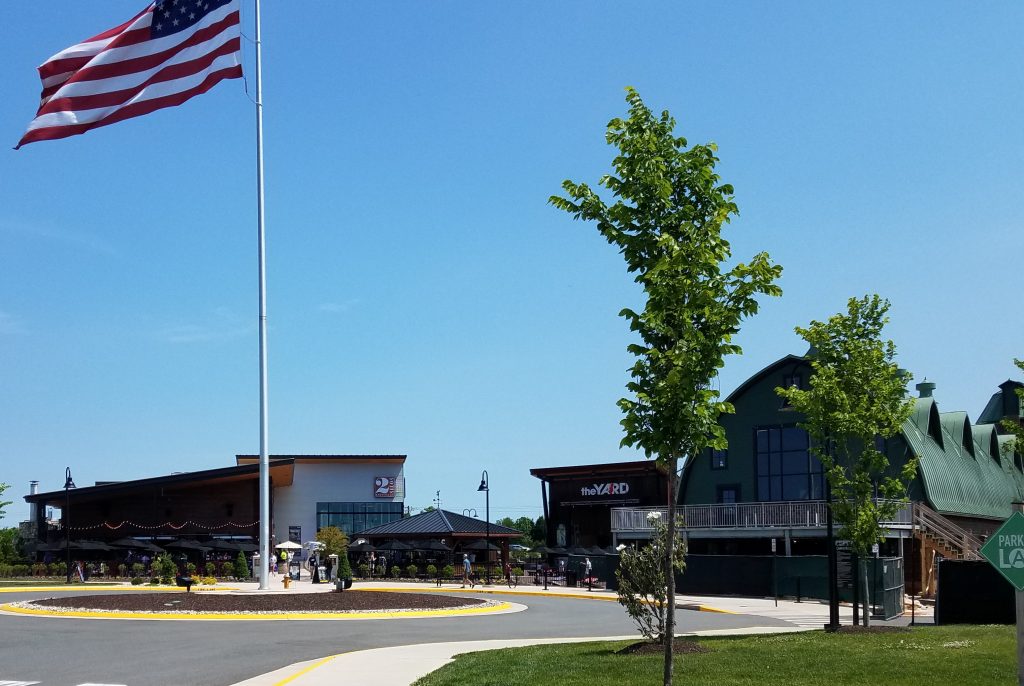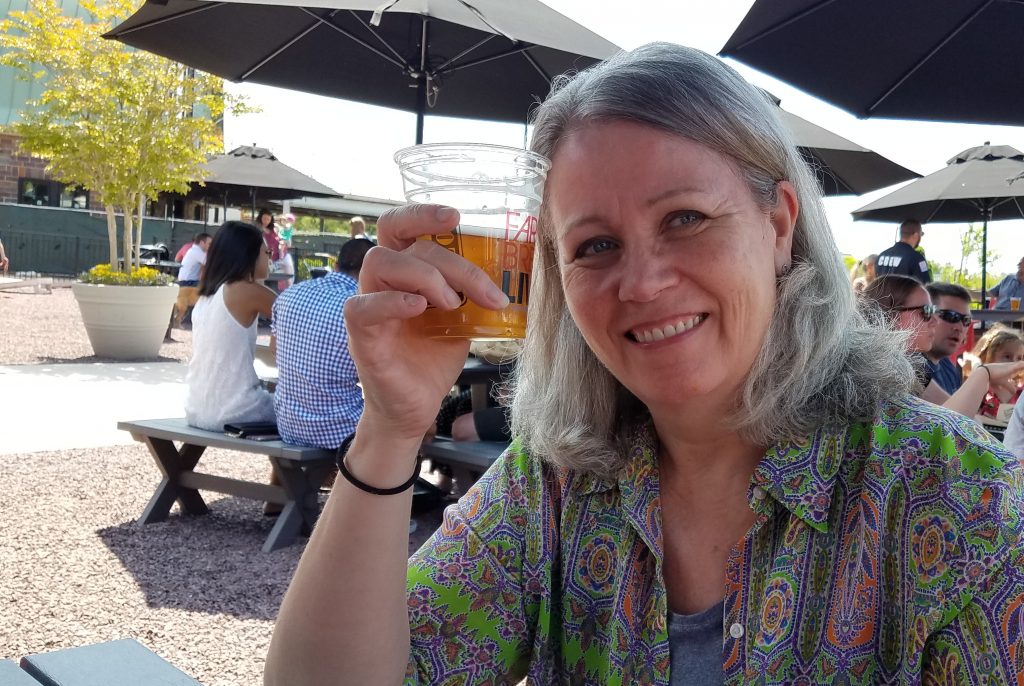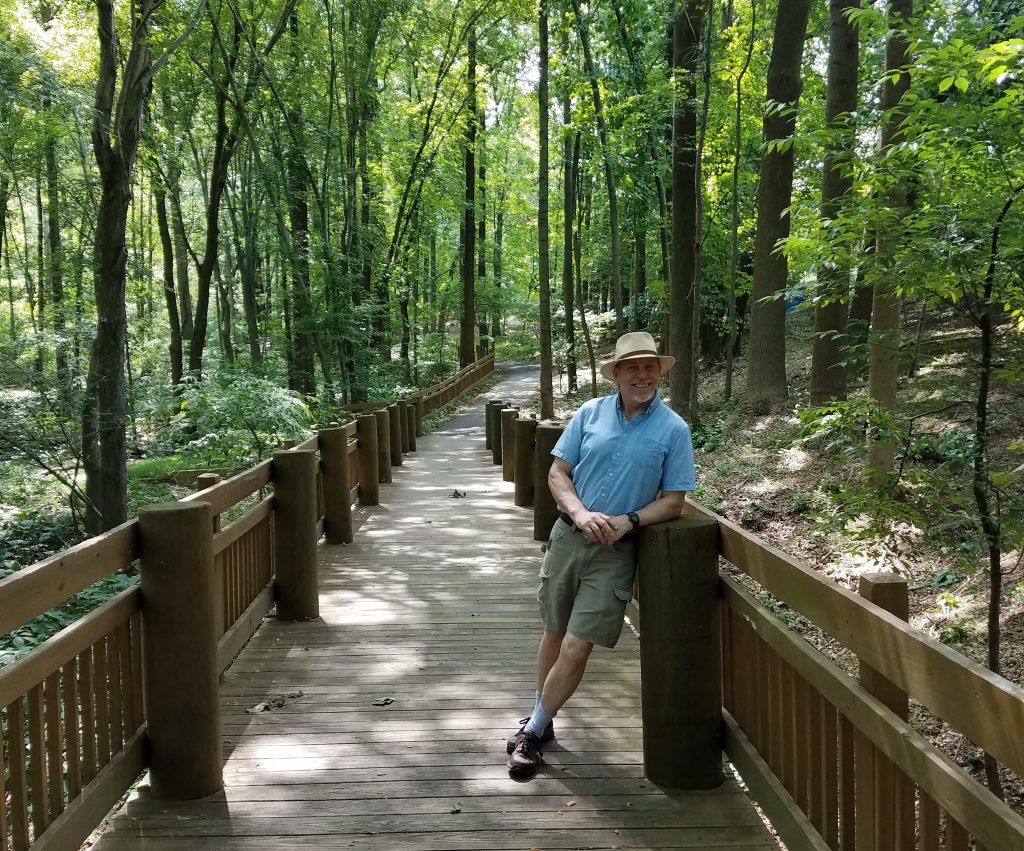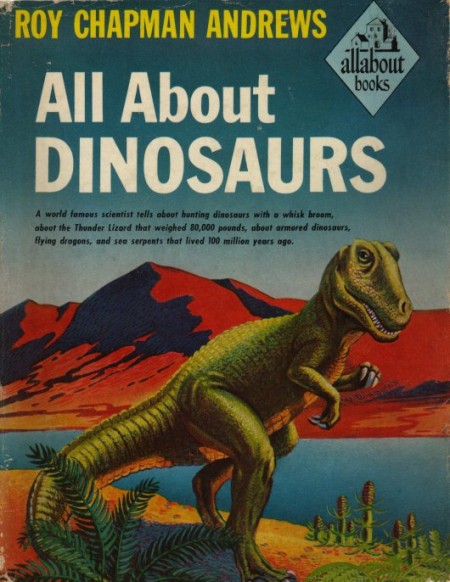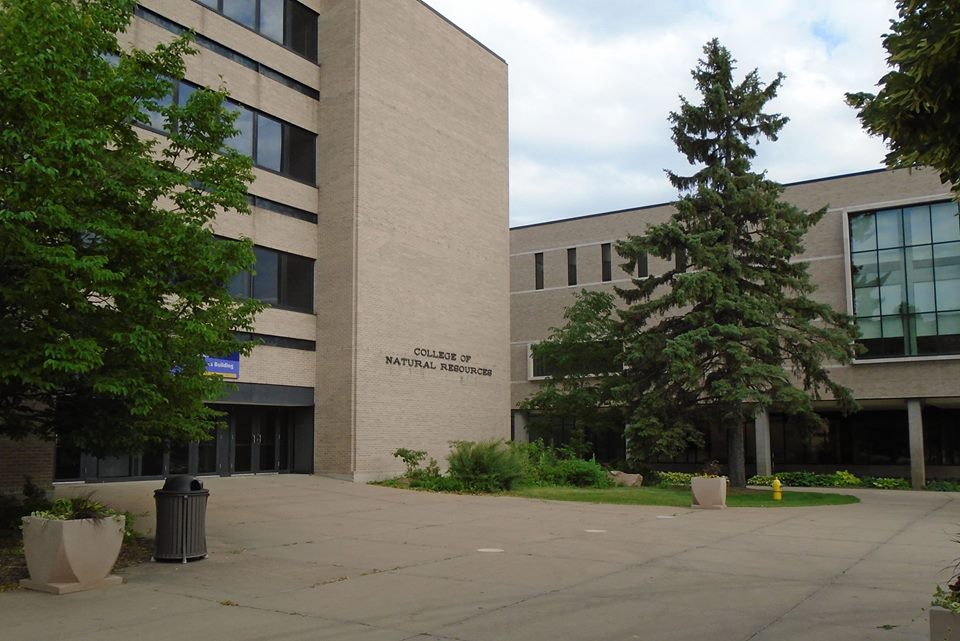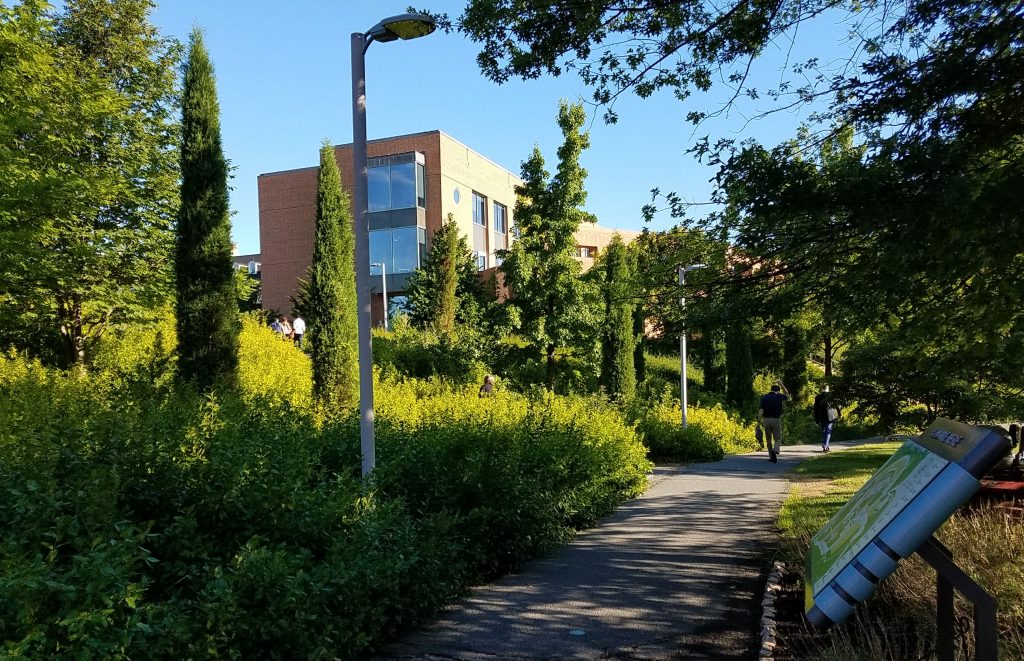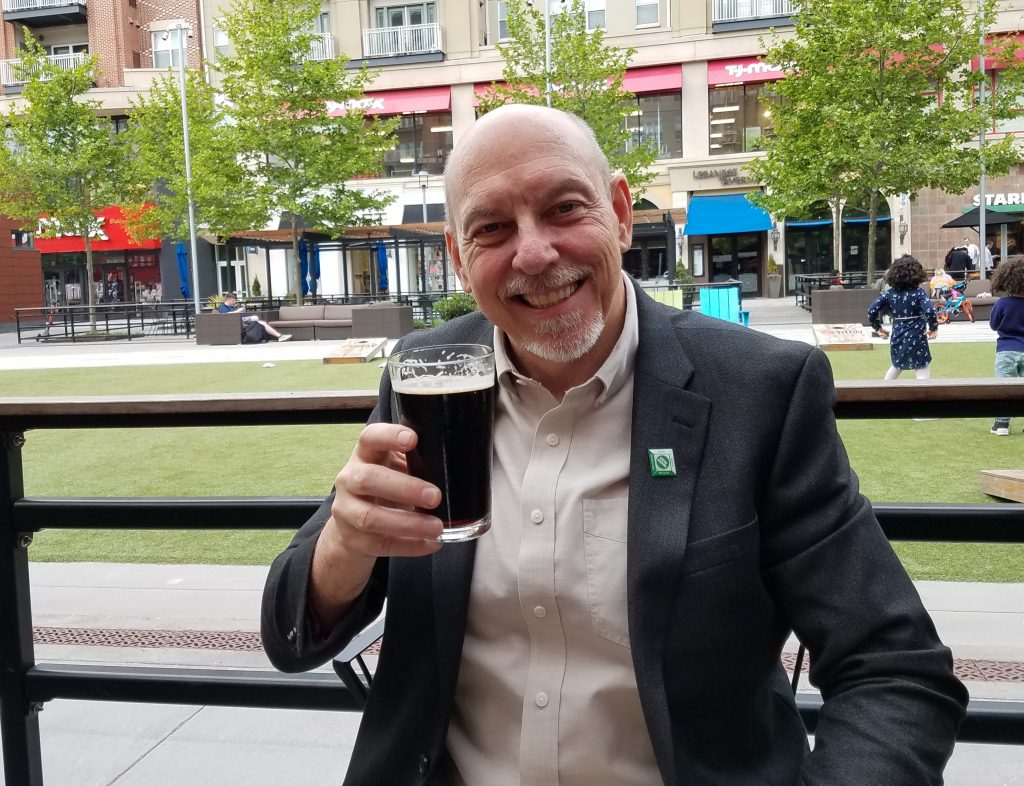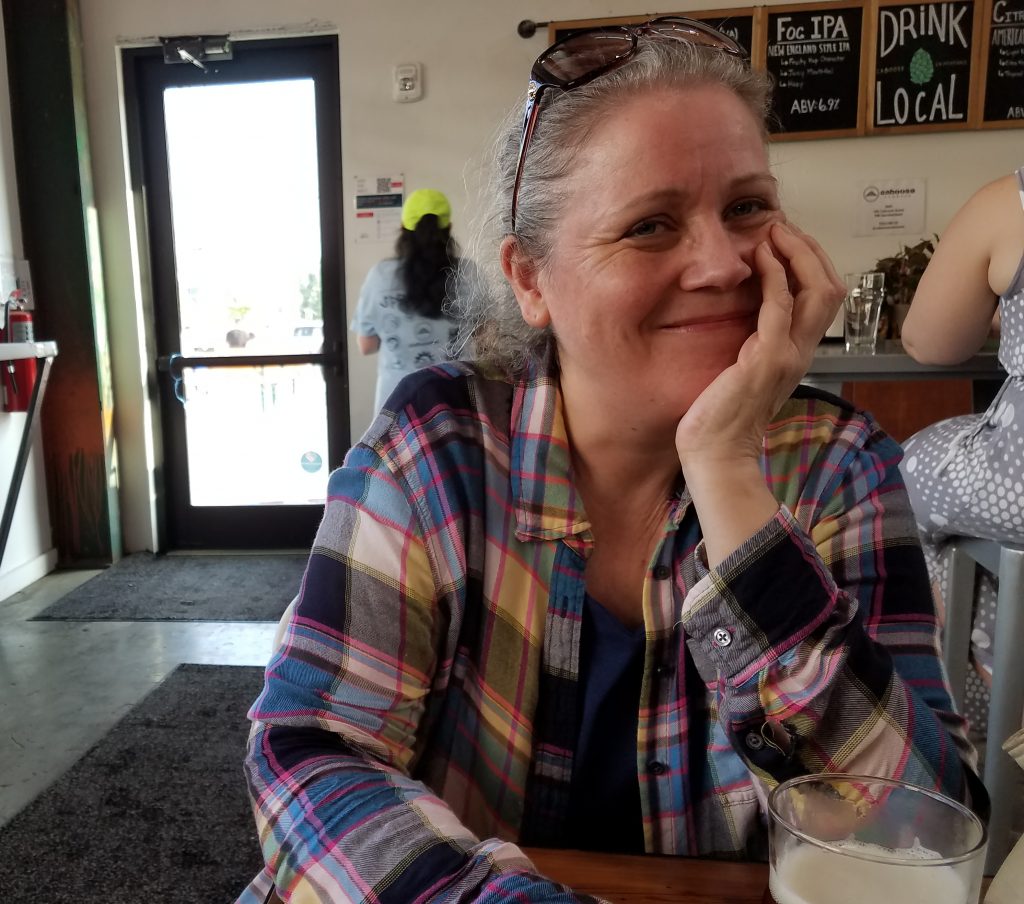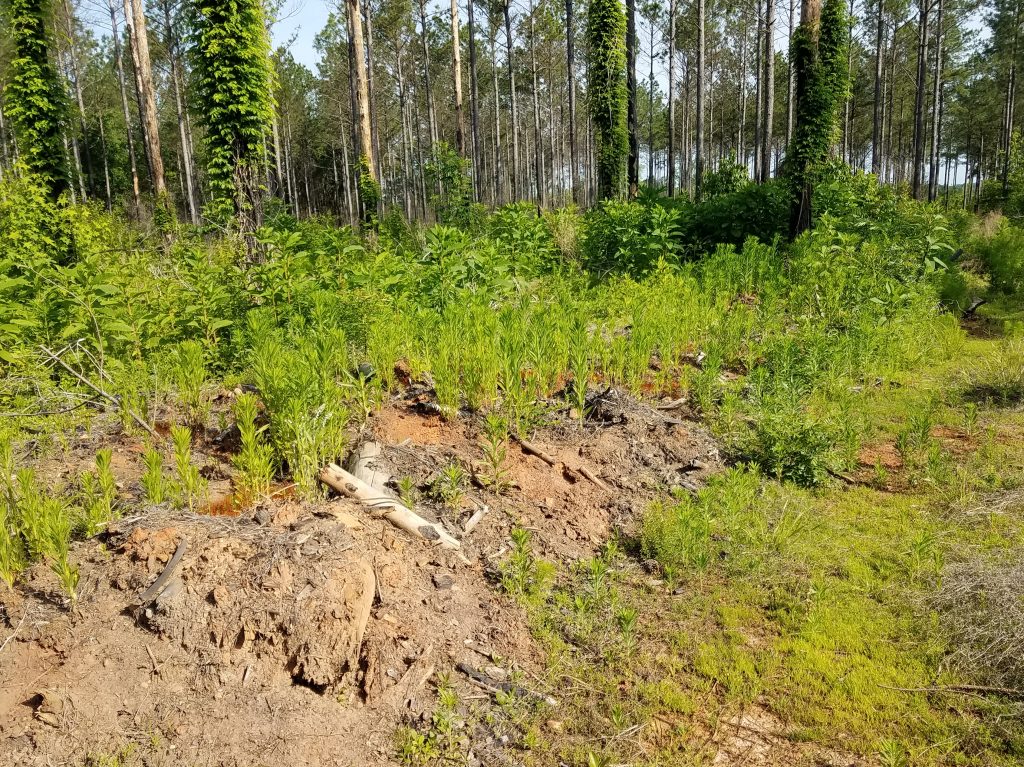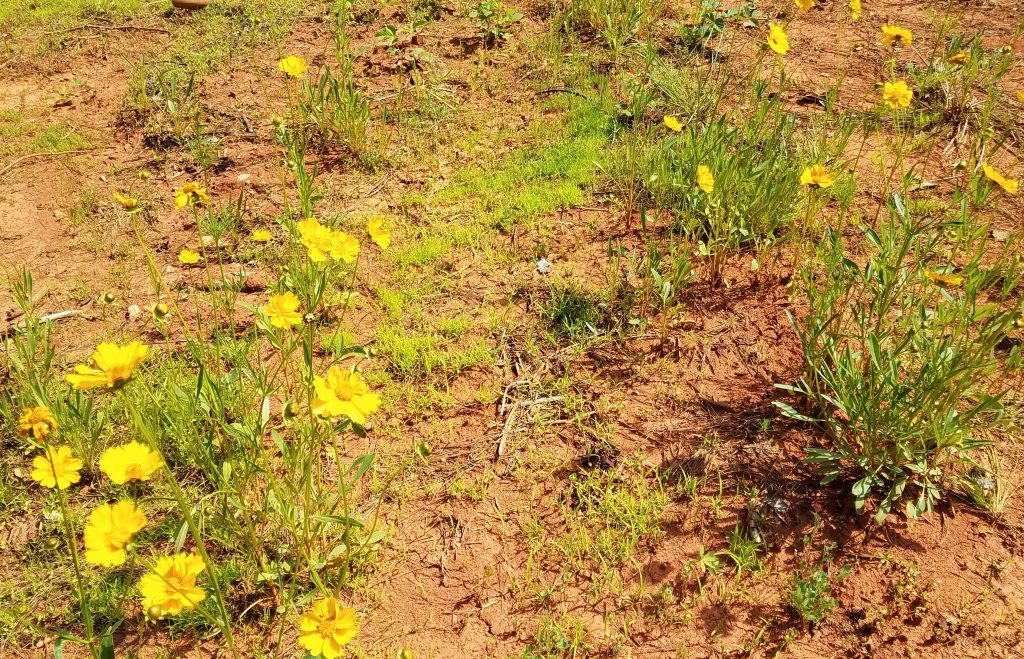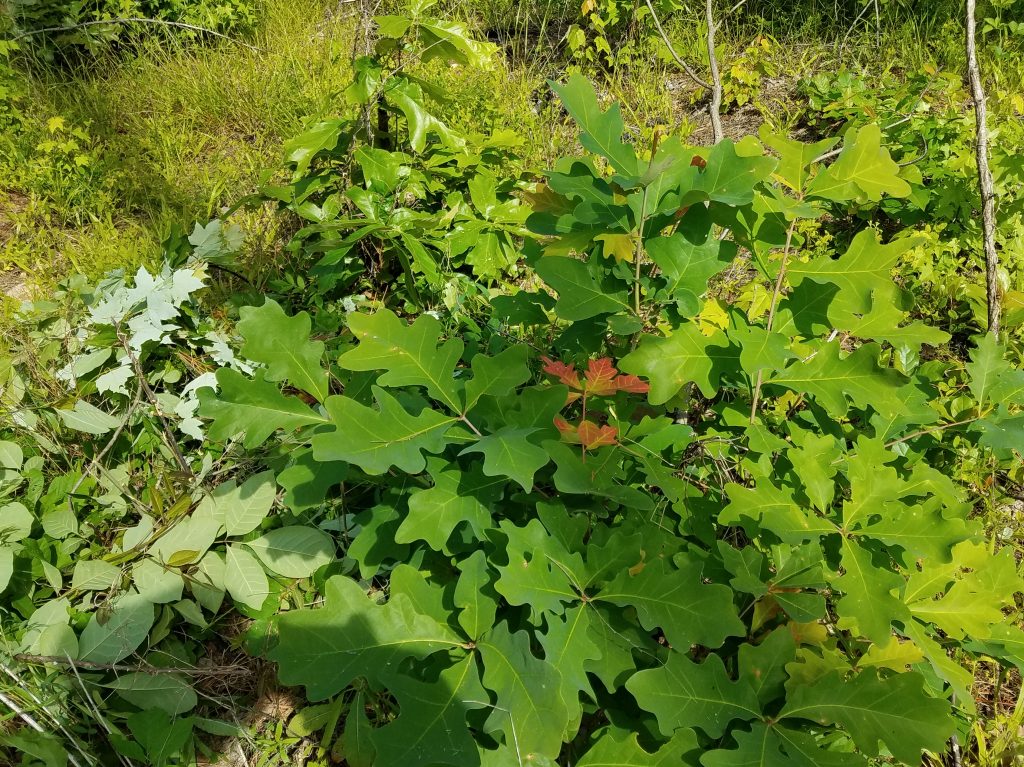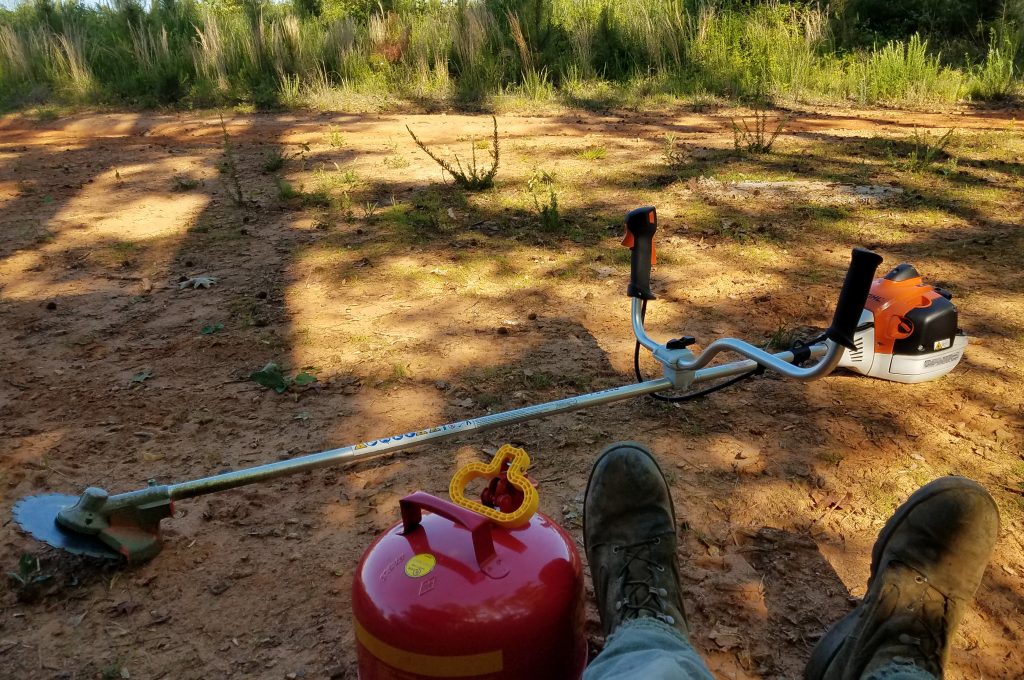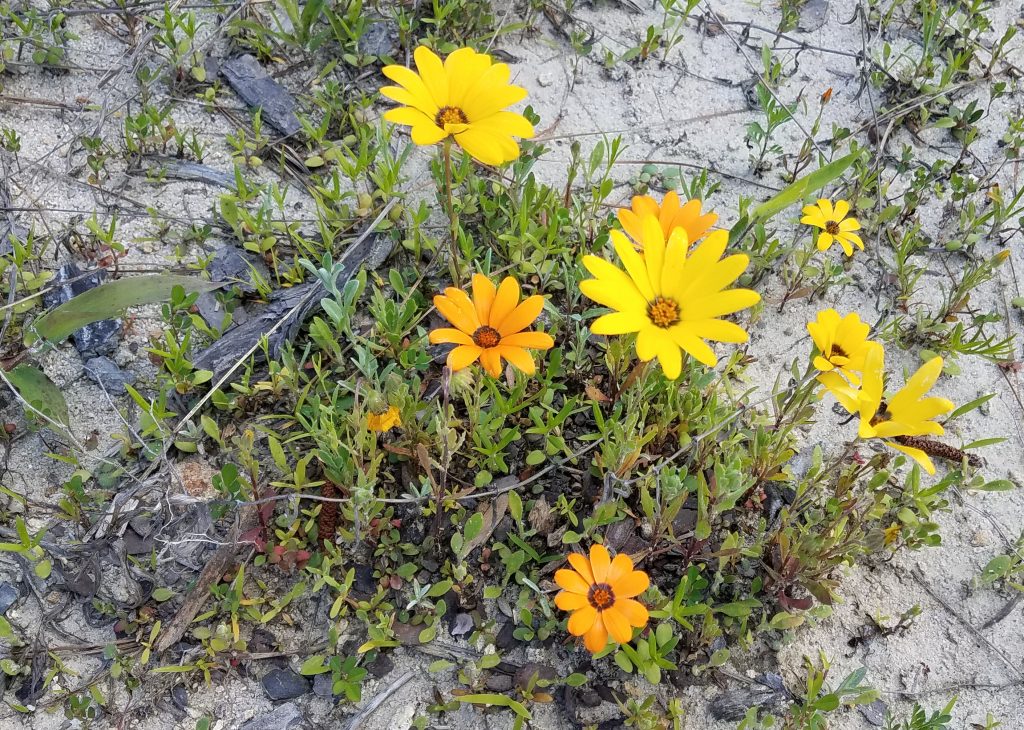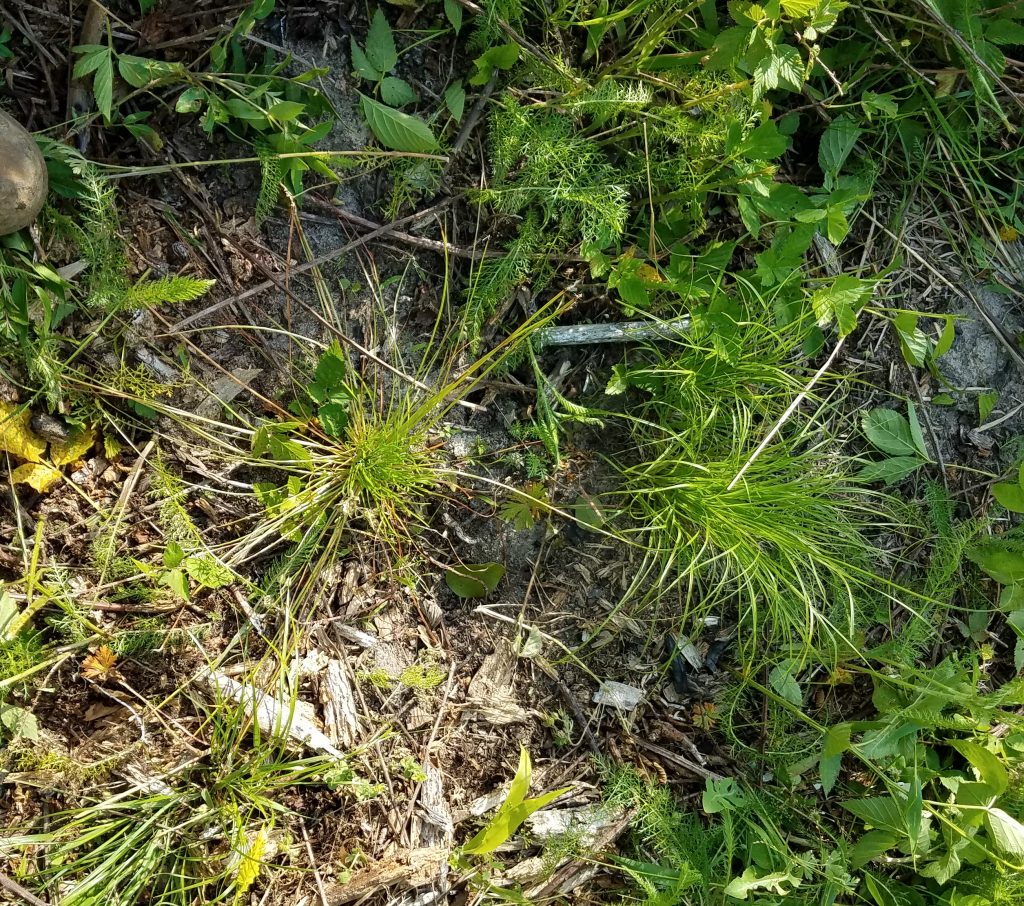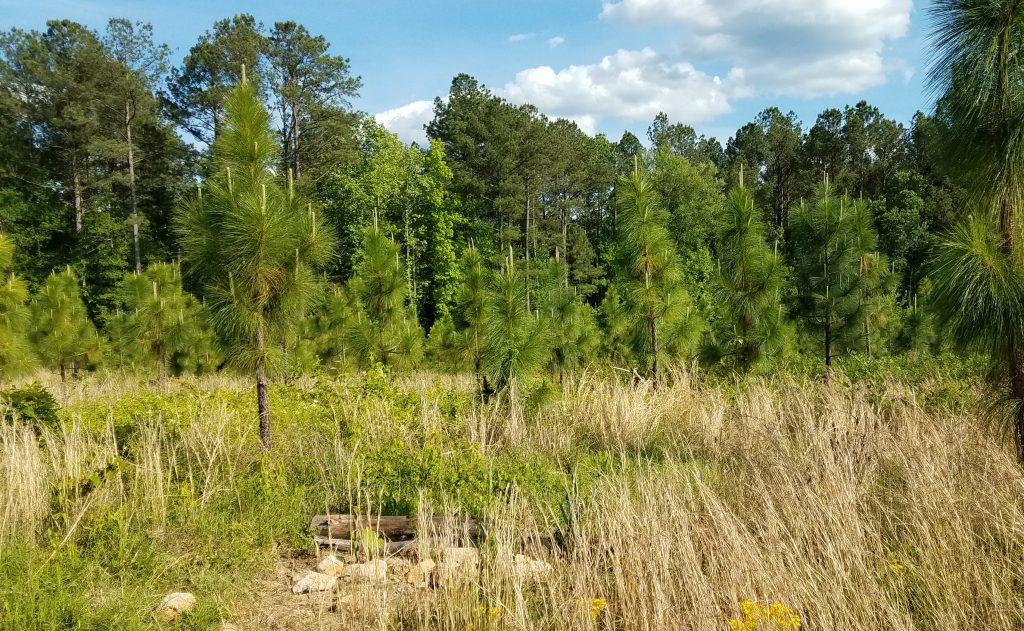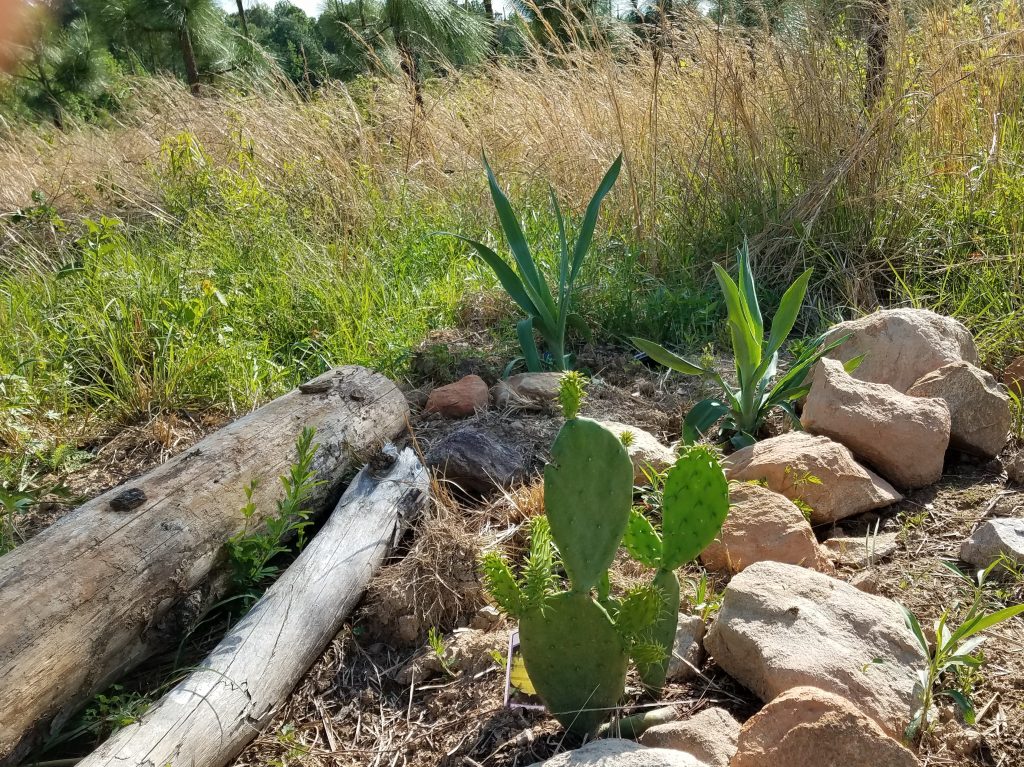Story Worth – Did you consider other careers? How did you choose?
Little boy dreams
I wanted to be a paleontologist. I was maybe five years old. Most boys like dinosaurs. I loved dinosaurs. I could spell that word before I could read because before I could read my mother read me “All about dinosaurs.” Over and over. I respect her patience and persistence. It was not all about dinosaurs. A lot of it was about the author’s – Roy Chapman Andrews – adventures in the Gobi Desert, where he found fossil dinosaur eggs. Andrews was a kind of Indiana Jones, a worthy role model for a little boy. My next career aspiration was archeologist. It required a similar skill set but fit with my then current interest in ancient history. I could read by that time and I read a book about Henrich Schliemann finding Troy and Mycenae. I was worried that I was too late. All the good things had been discovered, I feared.
My interests drifted throughout my childhood. I got interested in becoming a “naturalist” sometime around 5th grade after a day camp experience at the Kettle Moraine Forest. I thought that there was such a job that I could apply for, but I was not sure what a naturalist would do besides be in nature. My 7th grade ancient history class convinced me to be a historian, but my 8th grade life science teacher said I should be a biologist. Nobody ever told me that I should be musician and unlike many kids of that time and place, I never aspired to be a rock star, race car driver or football player.
I was on swim team in HS and briefly flirted with being a gym teacher and coach. I told this to one of my swim teammates. He told me that I did not have the personality for it. I am not sure how much thought he put into his answer or why I cared, but I decided that he was right and never much thought about that again. I don’t like sports. I liked to swim, run and work out, but I never got into watching sports. A coach should be interested in sports.
To college
I went to University of Wisconsin – Stevens Point to study wildlife management and forestry. I was a horrible student. I didn’t go to class enough during the day and I drank way too much every night. You could drink beer legally in Wisconsin when you were 18. I did. Absent that, I may have been successful, but it is a kind situation like “besides that, Mrs. Lincoln, how was the play.” When I finally sobered up a little more than a year later, these subjects had become less relevant.
I drifted into history and anthropology because I could do those subjects naturally well. They fit well into some of my old interests in history and archaeology. I ended up majoring in those subjects. Sometime in my junior year I decided that I wanted to be a college professor and teach ancient history. I had no real idea how to go about that. I only knew that I would need to go to UW Madison and get a PhD. I set about making that so. My time horizon was never more than a couple years.
No jobs for history majors
It is hard for me now to conceive of my decision-making process in those days. There was no future in teaching ancient history. But I set about learning Greek and Latin and doing research into ancient lives and sources. In retrospect, I can see this is good preparation for becoming a gentleman of leisure and it is the classic way preparation from a diplomat, but those I things I know only in retrospect. Back then I knew nothing and that was blissful ignorance.
It took me a couple years to figure out that I would never find remunerative work in ancient history, so I bailed out after my MA.
With no other prospects in mind, I got a book called “International Careers” that told me that a guy with a liberal arts education could get well-paying jobs in international business if he took some courses in accounting, statistics & organizational research. People make money publishing those books, but nobody ever makes anything from having read them. I have described my attempt to become a military officer before, so I will skip that here. Just having taken accounting and statistics did not work as the book mentioned above implied, so I decided to get an MBA.
Gender discrimination
My MBA concentration was market research. I chose this concentration precisely because it was different from what I did before, the career path that was not working out. It was math heavy and statistics dependent. I figured those skills would be useful. My career goal was to become a market researcher. Specifically, I wanted to work at a place like General Mills (they make Cheerios, among other products), which was a big deal in Minneapolis where I went to business school.
I know it is considered bad manners for white males to complain about their lack of privilege, but I think I have a legitimate complaint. Many firms, including General Mills, interviewed ALL the female MBAs before any of the males, and on the day before my FIRST interview, one of my female friends told me that General Mills offered her the job. They made the right choice. She was better at market research than I would have been, more appropriate for the job, but you interview with less enthusiasm when you are aware that the job has been filled. I can be magnanimous after the passage of decades. It hurt at the time, but worked out very well in the long run.
Diplomacy
I could tell you that I always wanted to be a public diplomacy foreign service officer, but that would not be correct. My career advice is NOT to do what you love, but rather learn to love what you do. I knew I could learn to love the FS. Public diplomacy was also not my first choice. In fact, I scored lower on the public diplomacy part of the FS exam than on any other part. My best was commerce. I scored 94% on Commerce. Public diplomacy was only 82%, but public diplomacy offered me the job and I took it. My rationale was the public diplomacy was much like the marketing I had studied in my MBA. The choice was a good one.
My plan was to work at the FS for around 7 years and then get a high-status job in the private sector, make the big bucks. I thought big bucks would be good to have. Lots of the self-help books I read implied that should be a goal. I figured that 7 years was the ideal time to stay in the FS. You got enough experience but not too much specialization. I meant to leave after that, but never got around to going. There was something interesting to do in the FS, so I ended up hanging around like a fart in a phone booth for 32 years.
Big bucks not all there is
At about seven years, I wandered back to Minnesota and talked to some of my old MBA colleagues. Every one of them earned more money than I did. In fact, new MBA graduates were usually making more than I did in the FS after around seven years. So much for those big bucks. But my job was interesting, more interesting than any of my former classmates. And it meant something to me that I was serving the USA.
Frozen peas
There is no such thing as a businessperson. Everybody has to do something specific and that is usually boring. My most successful colleague worked at Green Giant. He made the big bucks and has high status. As I recall, he was a brand manager. He was in charge of frozen peas – not all peas, not all frozen vegetables – just frozen peas. While I am sure that is fascinating, and I am sure that by now he has moved up to all frozen products, maybe even canned goods too, but I thought my work was better, so I doubled down and decided to finish my working days as an FSO.
Downshifting
Let me share a few insights into my FS career. Foreign Service is not something you do; it is something you ARE, at least that is what it was for me. But in 1998, I decided that I needed more to life than the FS. I was desk officer for Russia, and I was working those 12-hour days you hear about. I decided to analyze my work, so for a couple weeks I wrote down exactly what I was doing in fifteen-minute intervals. I figured out that I could bunch some of the tasks, streamline others & eliminate some entirely. I got it down to nine hours a day on average. This was effective, but it did go against some of the State Department “face-time” culture. I also made an effort NOT to do work after hours. In fact, when I ran the worldwide speaker program at State Department, I forbade my subordinates from working form 10pm until 6am. I did not want to see any emails read or sent between those times except in dire emergency. And I discouraged any work outside 8am – 6pm. Working too much is as bad as working too little. I did not always succeed.
“Work,” however, is hard to define for and FSO. In Brazil I worked lots of hours, but it was joyful work, studying Portuguese, meeting with Brazilians or learning about that great country. Diplomacy overlaps with tourism or intellectual activities. As a gentleman of leisure, with no “duties,” I attend lectures and do outreach in almost the same ways I did for my FS job. I do it now for pleasure and they don’t pay me to for it. My choice of subjects is a little different, but not that much. Love what you do. I did and still do.
A success secret
Finally, let me share a secret of my success. I used to ride my bike to work. It was a 17-mile ride each way. It was fun in the morning. Since I was heading east, I had the west wind pushing me along most days. It is also mostly downhill from Vienna, VA to downtown Washington. The way back was arduous, usually against the wind, in the hot end of the day and mostly up hill. So, I started to ride down and take the Metro back. You cannot take your bike on the Metro until after 7pm, so I waited until the time and stayed at work. I had no place else to go. People saw me in the office or found m there when they called and they thought I was working hard. In fact, I was working much of the time, since I had nothing else to do. You can get a lot done when others have gone home. But some of the time I was just waiting for the Metro. I benefited from the extra time on the job AND being seen on the job that extra time. I am convinced that contributed to my promotion. I told anybody who asked me that I was just waiting for the Metro. Even that worked in my favor. People thought I was being modest. Sweet serendipity is my life.
Pictures show “All About Dinosaurs,” the college of natural resources at UWSP and a big bur oak at Dover Street School.
